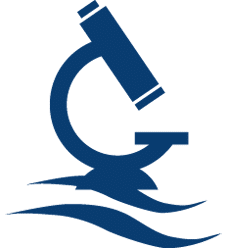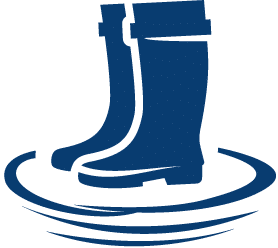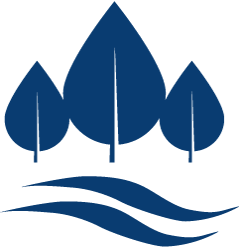Since 1967, Stroud Water Research Center has focused on one thing — fresh water.
We advance knowledge and stewardship of freshwater systems through global research, education, and watershed restoration.
What We Do
Support Our Work
Latest News

Delaware River Watershed Initiative Pollution Assessment: Stage 2 Project Report
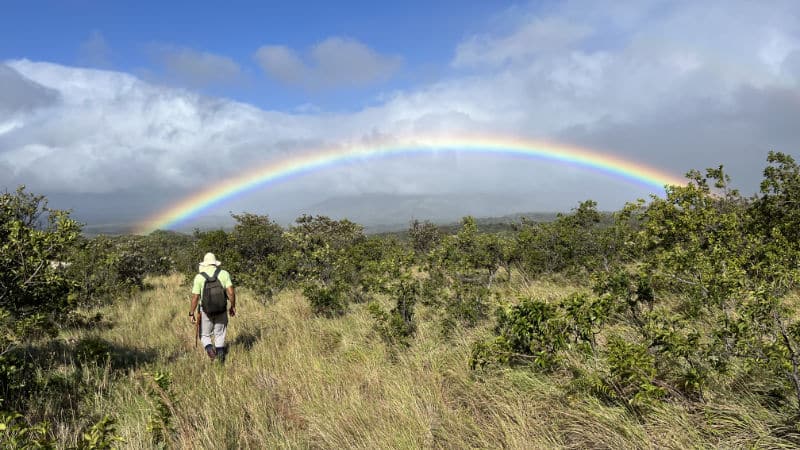
Tropical Freshwater Research Unlocks One of Nature’s Secrets
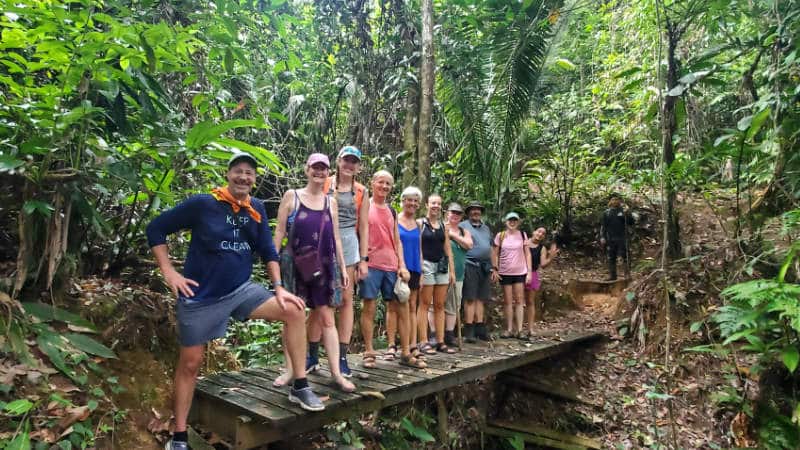
Informing Sustainable Agriculture in Belize
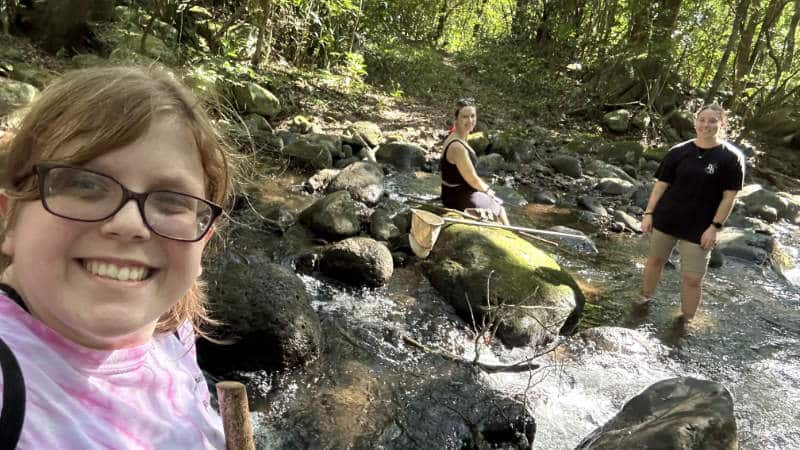
College Students Travel to Costa Rica With Stroud Center Team

Depth shapes microbiome assembly and network stability in the Mariana Trench
Featured Initiatives and Partnerships
WikiWatershed® web tools offer watershed data visualization, geospatial analysis capabilities, and science-based predictions of human impacts on stormwater runoff and water quality.
The Water Quality mobile app is a water-monitoring data-collection and learning tool designed for use by educators and their students, citizen scientists, and researchers.
EnviroDIY™ is a community where members ask and answer questions and network within interest groups to develop do-it-yourself environmental science and monitoring devices.
The Society for Freshwater Science Taxonomic Certification Program ensures skilled persons are providing aquatic invertebrate identifications in North America.
The Leaf Pack Network® is an international network of teachers, students, and citizen monitors using a simple experiment to determine the health of their local streams.
The Consortium for Scientific Assistance to Watersheds provides free technical assistance to Pennsylvania-based watershed and conservation organizations.
Upcoming Events
Watershed Education on the Conestoga River
July 29 – August 2Creating on the Conestoga: A Plein Air Event
August 1, 3:00 PM – 5:00 PM EDTCelebrating 75 Years: Ruth Patrick and Her Legacy Study of the Conestoga
August 1, 6:30 PM – 8:00 PM EDTLearn Do-It-Yourself Electronics for Environmental Monitoring
August 13 – August 14Catch the Rain Workshop
August 13, 6:00 PM – 8:00 PM EDTSlimy Leaves for Healthy Streams: A Leaf Pack Network Workshop
September 14, 9:00 AM – 3:00 PM EDT

